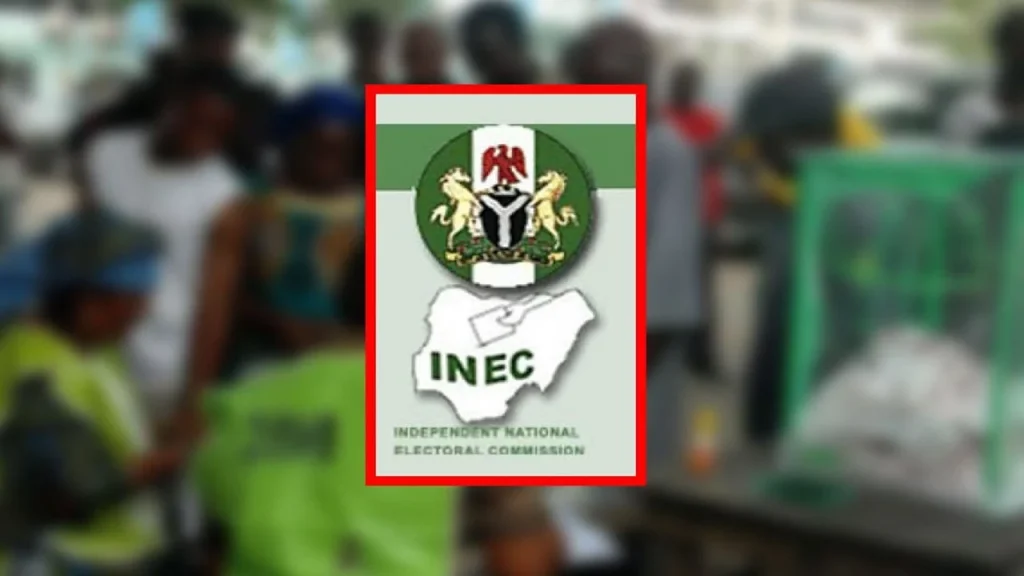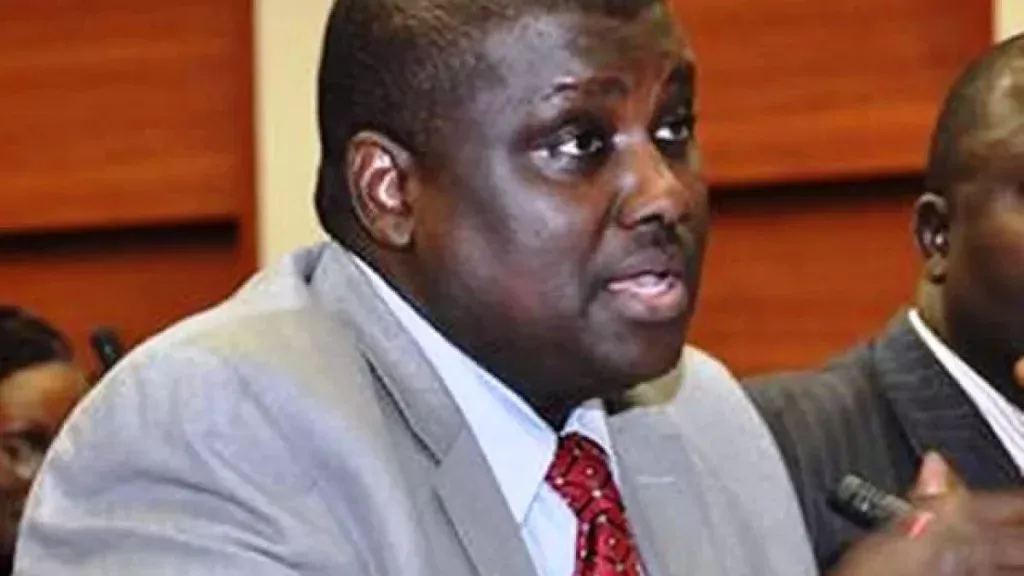Mahmud Jega, a political analyst, has expressed doubts about the progressive credentials of President Bola Tinubu and Anambra State Governor Chukwuma Soludo. According to Jega, progressive politics is typically associated with left-wing and people-oriented ideologies, which contrasts with the economic policies of the All Progressives Congress (APC) over the past two years. The APC’s policies, such as ending subsidies, are characterized as right-winged.
Jega’s comments come amid reports that the All Progressives Grand Alliance (APGA), the governing party in Anambra, may not field a presidential candidate in the 2027 general elections. Instead, APGA might align with “progressives who share its ideology,” as announced by the party’s national chairman, Sly Ezeokenwa. This decision is expected to be finalized by the party’s National Executive Committee (NEC) at a later time.
Governor Soludo has been a vocal supporter of President Tinubu, describing him as a friend of 22 years. Soludo has also expressed his backing for Tinubu’s reforms, visiting the president at the Presidential Villa in Abuja and wearing a cap with Tinubu’s insignia. However, Jega argues that Soludo’s support for Tinubi is difficult to justify as a progressive alliance, given the APC’s right-wing economic policies.
Jega warns that APGA’s decision not to field a presidential candidate in 2027 could ultimately backfire, citing the example of the Alliance for Democracy in 2003. The Alliance for Democracy, which controlled six southwestern states at the time, refused to field a presidential candidate against President Olusegun Obasanjo, resulting in the loss of five governors. Jega suggests that APGA’s strategy may be to secure APC and President Tinubi’s support for their re-election while maintaining control of Anambra State.
The developments highlight the complexities of Nigerian politics, where alliances and ideologies can be fluid and context-dependent. As the 2027 general elections approach, the decisions made by APGA and other parties will likely have significant implications for the country’s political landscape.



